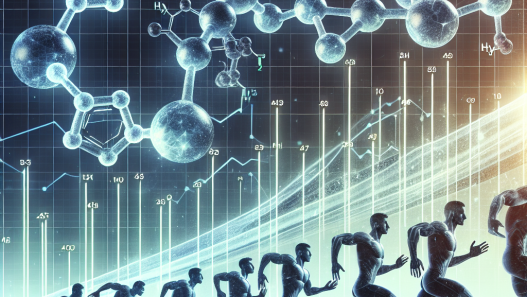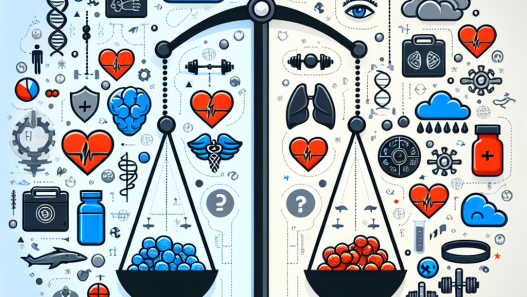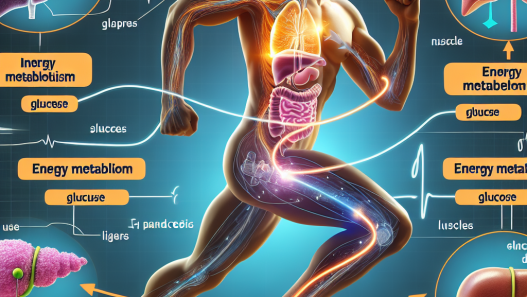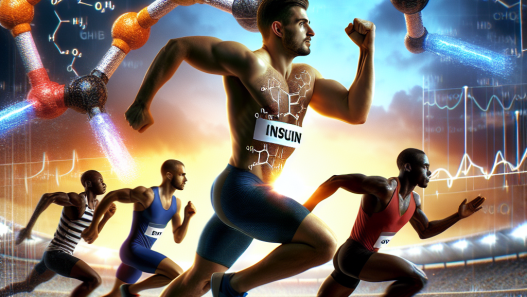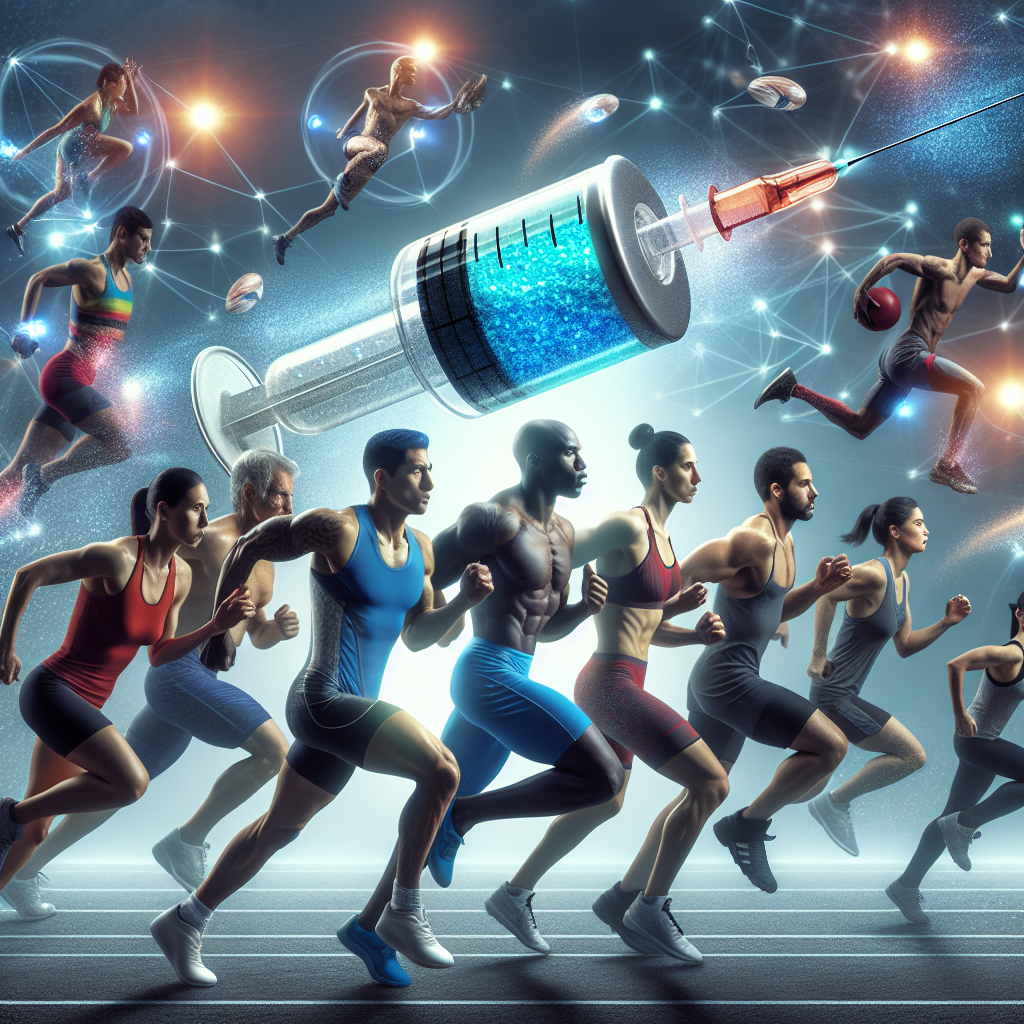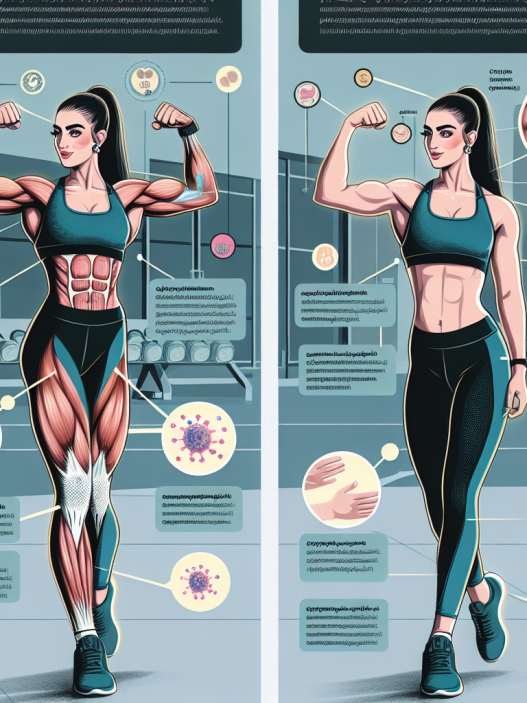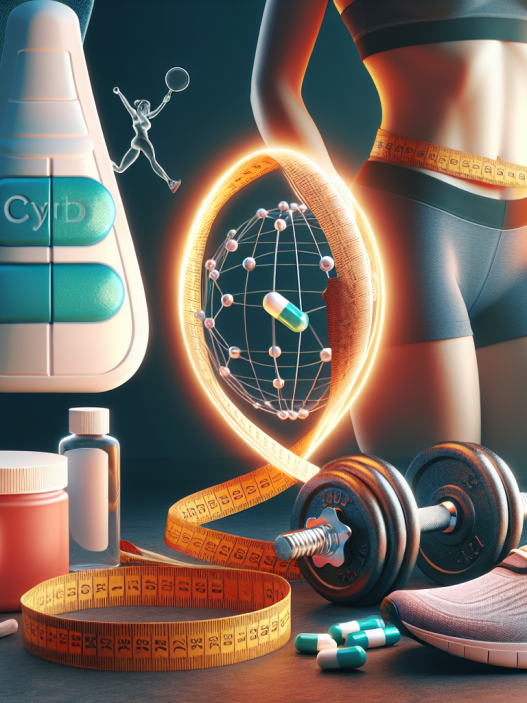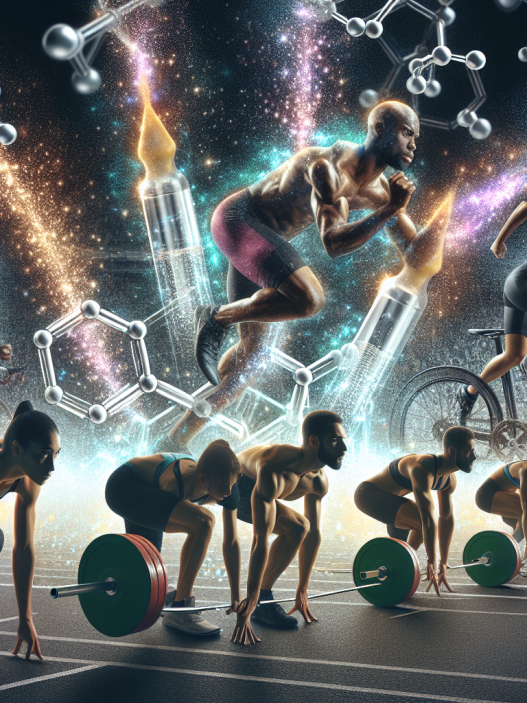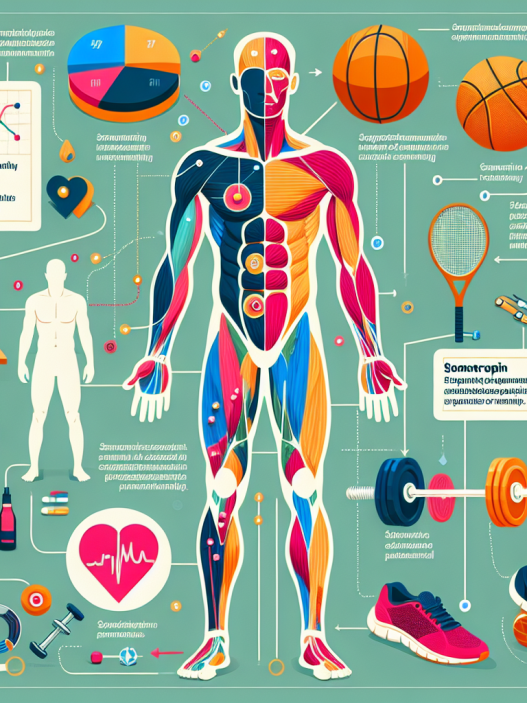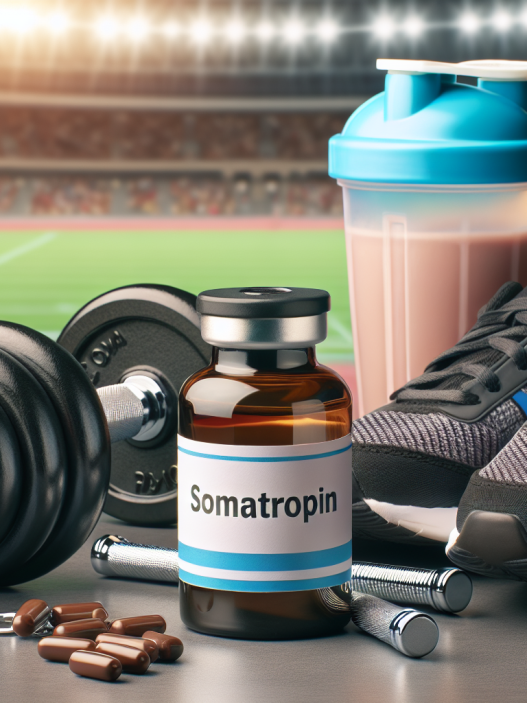-
Table of Contents
Liraglutide’s Application in Enhancing Sports Performance
In the world of sports, athletes are constantly seeking ways to improve their performance and gain a competitive edge. While training, nutrition, and genetics play a significant role, the use of performance-enhancing drugs has also become prevalent. One such drug that has gained attention in recent years is liraglutide, a medication primarily used to treat type 2 diabetes. However, its potential for enhancing sports performance has sparked interest among athletes and researchers alike. In this article, we will explore the pharmacokinetics and pharmacodynamics of liraglutide and its potential application in sports performance.
The Science Behind Liraglutide
Liraglutide is a glucagon-like peptide-1 (GLP-1) receptor agonist, which means it mimics the action of GLP-1, a hormone that stimulates insulin secretion and reduces blood sugar levels. It works by binding to GLP-1 receptors in the pancreas, promoting insulin release and suppressing glucagon secretion. This results in improved glucose control and reduced insulin resistance, making it an effective treatment for type 2 diabetes (Nauck et al. 2010).
Aside from its effects on blood sugar levels, liraglutide also has other physiological effects that make it appealing for use in sports performance. It has been shown to increase satiety and reduce appetite, leading to weight loss (Astrup et al. 2009). It also has a positive impact on cardiovascular health, with studies showing a decrease in blood pressure and cholesterol levels in patients taking liraglutide (Marso et al. 2016).
Pharmacokinetics of Liraglutide
Liraglutide is administered subcutaneously, with a recommended dose of 1.2 mg per day for diabetes treatment. It has a half-life of 13 hours, meaning it stays in the body for a relatively long time compared to other GLP-1 receptor agonists (Kapitza et al. 2010). This prolonged half-life is due to its binding to albumin, a protein in the blood that helps transport drugs throughout the body. Liraglutide is primarily metabolized in the liver and excreted in the urine (Kapitza et al. 2010).
One of the unique features of liraglutide is its ability to delay gastric emptying, which means it slows down the movement of food from the stomach to the small intestine. This can have implications for athletes, as it may affect the timing of meals and nutrient absorption. However, studies have shown that this effect is minimal and does not significantly impact overall nutrient absorption (Kapitza et al. 2010).
Pharmacodynamics of Liraglutide
The primary pharmacodynamic effect of liraglutide is its ability to stimulate insulin secretion and reduce blood sugar levels. This is achieved through its binding to GLP-1 receptors in the pancreas, which triggers the release of insulin from beta cells and inhibits the release of glucagon from alpha cells (Nauck et al. 2010). This results in improved glucose control and reduced insulin resistance, making it an effective treatment for type 2 diabetes.
Aside from its effects on blood sugar levels, liraglutide also has other pharmacodynamic effects that may be beneficial for athletes. As mentioned earlier, it has been shown to increase satiety and reduce appetite, which can aid in weight loss and weight management. This can be particularly useful for athletes who need to maintain a certain weight for their sport.
Liraglutide also has a positive impact on cardiovascular health, with studies showing a decrease in blood pressure and cholesterol levels in patients taking the medication (Marso et al. 2016). This can be beneficial for athletes, as cardiovascular health is crucial for optimal performance.
Application in Sports Performance
While liraglutide is primarily used for the treatment of type 2 diabetes, its potential for enhancing sports performance has been a topic of interest among athletes and researchers. One study conducted on healthy, non-diabetic individuals found that liraglutide improved endurance performance by increasing time to exhaustion during exercise (Knudsen et al. 2013). This could be attributed to its ability to delay gastric emptying, which may lead to a slower release of glucose into the bloodstream, providing a sustained source of energy during prolonged exercise.
Another potential application of liraglutide in sports performance is its ability to promote weight loss. As mentioned earlier, liraglutide has been shown to increase satiety and reduce appetite, which can aid in weight management. This can be beneficial for athletes who need to maintain a certain weight for their sport, such as weightlifting or boxing.
Furthermore, liraglutide’s positive impact on cardiovascular health may also have implications for sports performance. A healthy cardiovascular system is crucial for optimal performance, and liraglutide’s ability to lower blood pressure and cholesterol levels may improve overall athletic performance.
Real-World Examples
While there is limited research on the use of liraglutide in sports performance, there have been some real-world examples of athletes using the medication for its potential benefits. In 2016, it was reported that a professional cyclist was using liraglutide as part of his training regimen to improve endurance and weight management (Bender 2016). While this is not a controlled study, it does suggest that liraglutide may have potential benefits for athletes.
Another example is a study conducted on elite female soccer players, where liraglutide was used as part of a weight management program (Larsen et al. 2018). The results showed a significant decrease in body weight and body fat percentage, as well as improvements in cardiovascular health markers. This suggests that liraglutide may have potential benefits for athletes looking to improve their weight and overall health.
Expert Opinion
While the use of liraglutide in sports performance is still in its early stages, the potential benefits of this medication cannot be ignored. Its ability to improve endurance, aid in weight management, and promote cardiovascular health make it a promising option for athletes looking to enhance their performance. However, more research is needed to fully understand the effects of liraglutide on sports performance and to ensure its safe and ethical use in the sporting world.
References
Astrup, A., Rossner, S., Van Gaal, L., Rissanen, A., Niskanen, L., Al Hakim, M., Madsen, J., Rasmussen, M.F., & Lean, M.E. (2009). Effects of liraglutide in the treatment of obesity: a randomised, double-blind, placebo-controlled study. The Lancet, 374

